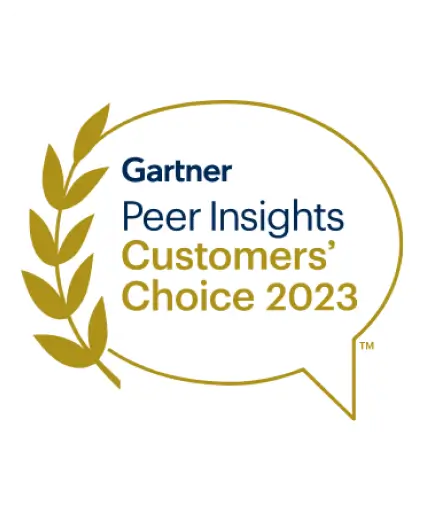India is on track to emerge as a SaaS (software as a service) powerhouse, fuelled by a massive shift from on-premise to the cloud, and growing investor appetite, says a new report by Bain & Company on the Indian SaaS business. Indian-heritage SaaS companies, it says, are poised to collectively reach $18-20 billion in revenue, and capture 7% to 9% share of the global SaaS market by 2022. Currently, their share is estimated at 3-4%. Early SaaS companies such as Zoho, Freshworks, Druva and Icertis have broken through the $100 million annual recurring revenue (ARR) mark, with several other firms seen to be well placed to follow suit over the next 12 to 18 months
Aditya Shukla, partner in Bain & Company’s Mumbai office who co-authored the report, says several different types of Indian SaaS companies have emerged. “There are SMB-focused SaaS companies, such as Zoho and Freshworks, targeting global markets with horizontal offerings. We also have vertical-specific SaaS companies, such as Locus and Innovaccer, disrupting underserved verticals like healthcare and logistics. There are globally competitive companies in emerging tech, such as Postman in application programming interface (API) management and Hasura that helps in building modern apps and APIs faster. And there are those with products tailored for the domestic market, such as Darwinbox, MyGate and Yellow.ai,” he said.
Shukla said many firms early on found it challenging to monetise in India owing to price-sensitive customers, so they have scaled outside of India. But today, even the domestic market is turning lucrative. Over 50 companies have breached the $10 million ARR milestone, and many more are expected to follow. The number of Indian SaaS firms is estimated at 7,000-8,000.
Arpan Sheth, senior partner in Bain & Company’s Mumbai office who leads the firm’s Asia-Pacific technology, vector and advanced analytics practices, said $10 million ARR is a tipping point. “These players have a customer acquisition engine, which effectively allows them to acquire new customers. Expanding accounts from freemium to paid models, cross-selling into those accounts and geographic expansion are other business levers. Pricing is the most powerful lever,” he says.
SaaS investments constituted 15% of VC/growth equity investments in the first half of 2019 and this rose to 20% in the corresponding period in 2020. The report said Indian SaaS companies have distinct competitive advantages over their global peers, further accentuated by a level playing field. They need to pay about 85% and 74% lower salary for entry level developers and sales resources respectively, compared to the US. Depth and abundance of engineering talent is another advantage.
Shukla says certain themes have become salient and have major implications for the ecosystem. Infrastructure management tools and platforms (for instance, Hasura, LambdaTest), he says, will continue to proliferate. The DevOps community provides an attractive opportunity given its high degree of standardisation, strong network effects and large local developer base to build and test tools. Tools fuelling the API economy (for instance, Postman, Setu, YAP) will continue to grow and expand as APIs become central to modern application development. Remote working will drive collaboration tools. Intelligent automation of business processes will grow.
This article was published in The Times of India.





















